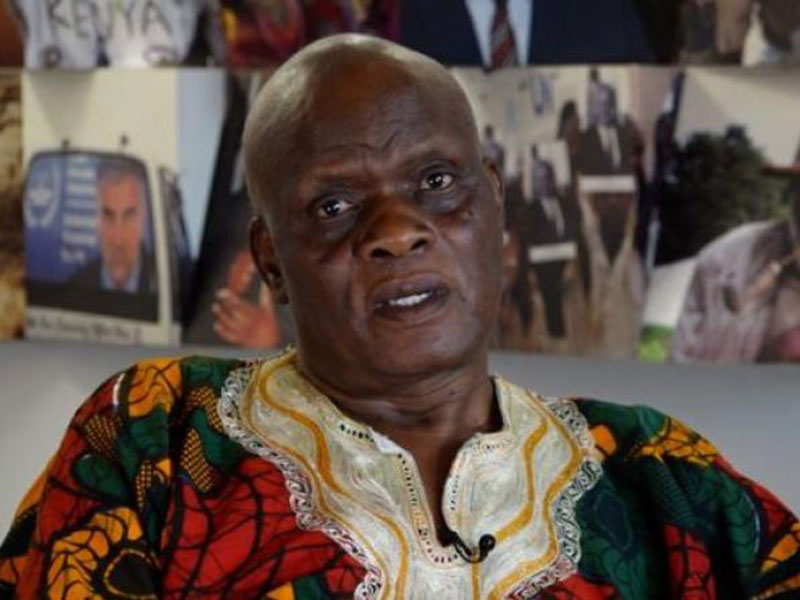×
The Standard e-Paper
Kenya’s Boldest Voice

Moses Musonga never thought men could get breast cancer until he was diagnosed with the disease.
The 67-year-old Kenyan says that he was in profound shock when doctors told him in 2013 that he had stage-three breast cancer, turning his life upside down.